Sleeping Soldiers: Trauma, Resistance, and the War for the Mind
$22.46
Description
Sleep in war and against it
On April 21, 1971, hundreds of Vietnam veterans fell asleep on the National Mall, wondering whether they would be arrested by daybreak. The Vietnam Veterans Against the War had fought the courts for the right to sleep in public as part of their week-long demonstration, Dewey Canyon III. When the Supreme Court denied their petition, veterans decided to break the law and turned sleep into a form of direct action.
Sleeping soundly on the National Mall, activist veterans challenged not only the will of the courts but also a clinical record that is rife with sleepless soldiers and insomniac veterans.
During and after WWII, military psychiatrists used sleep therapies to treat an epidemic of traumatized soldiers who suffered from “combat fatigue.” Inducing deep and twilight sleep in clinical settings, they studied the effects of war violence on the mind and developed the techniques of brainwashing that would weaponize both memory and sleep. In the Vietnam era, radical veterans reclaimed the authority to interpret their own traumatic symptoms–nightmares, flashbacks, insomnia–and pioneered new methods of protest.
In Sleeping Soldiers: Militarism and Dissent in the Age of Expansion, Franny Nudelman recounts the struggle over sleep in the decades following WWII, arguing that the sleep of soldiers was instrumental to the development of military science, professional psychiatry, and anti-war activism. Traversing the fields of military and mainstream psychiatry, popular and institutional film, documentary sound technology, brain warfare, and postwar social movements, she demonstrates that sleep, far from passive, empty, or null, is a site of contention and a source of political agency.
Author: Nudelman, Franny
Topic: Sociology
Media: Book
ISBN: 1786637812
Language: English
Pages: 160


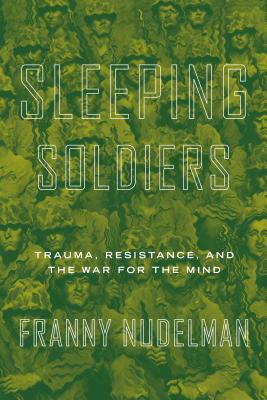

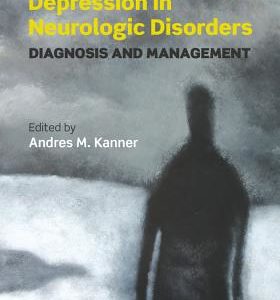
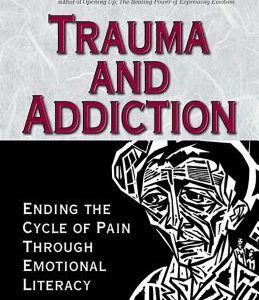
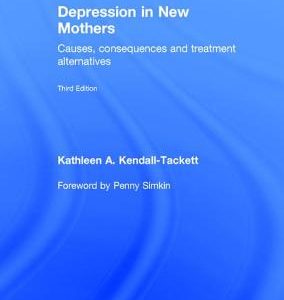

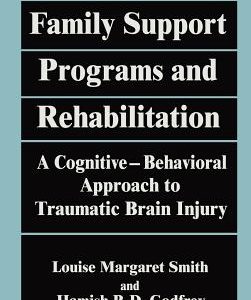
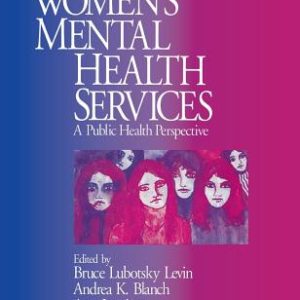
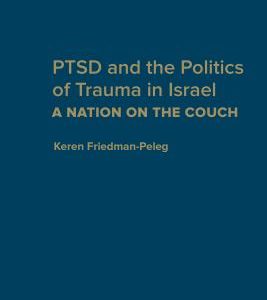
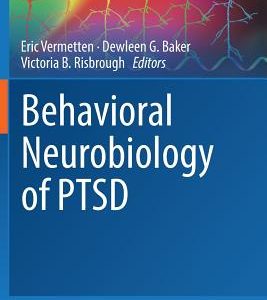
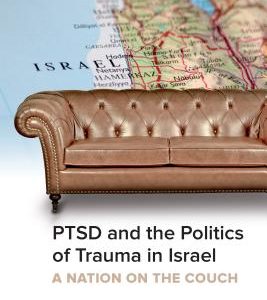

Reviews
There are no reviews yet.